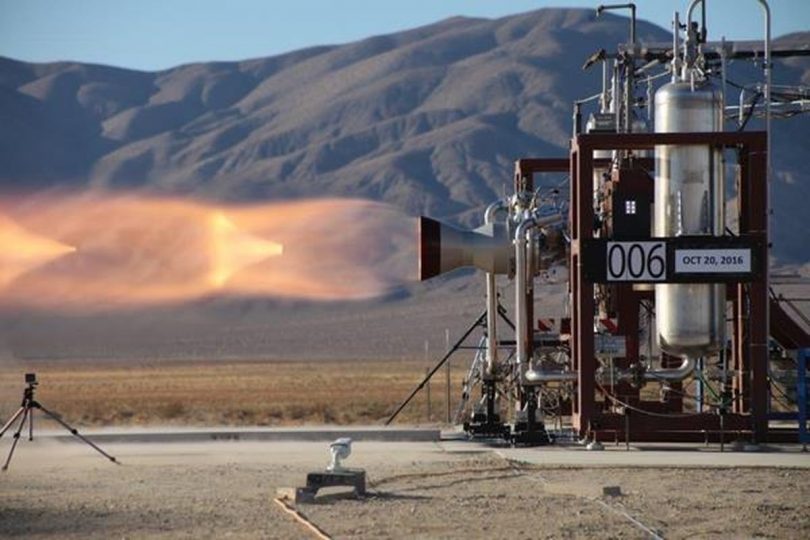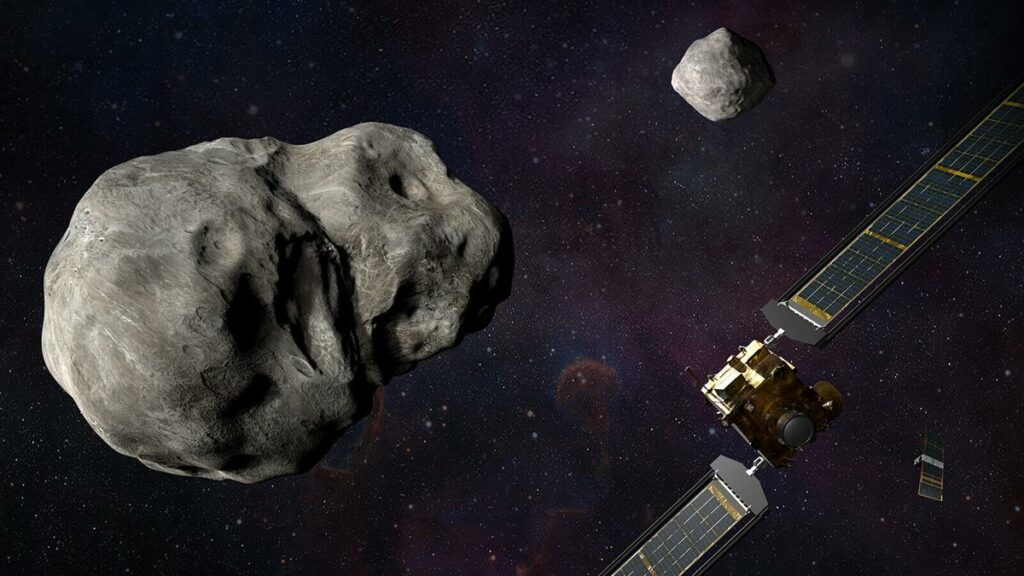Boeing’s new space capsule designed to carry astronauts to the International Space Station reportedly hit a setback last month. The aircraft firm faced an undisclosed issue in the month of June while performing a test event of the abort engines of the CST-100 Starliner. The abort engines are basically the major hardware, which is designed to help in saving the spacecraft at the time of emergency. Boeing now has discovered as to what went out of track. However, it is still not clear whether this would delay the vehicle’s initial milestone flights.
The CST-100 Starliner is the space capsule that the firm has been designing over the past decade for the Commercial Crew Program of NASA. It is developed to carry the astronauts of the space agency to the International Space Station and bring them back on Earth. The abort engines of the vehicles are developed by Aerojet Rocketdyne. These engines are situated within the service module of the spacecraft, which is a cylindrical formation that sits beneath the spacecraft during the launch for providing support. If at all the rocket bearing the spacecraft malfunctions suddenly after the takeoff or on launchpad, the engines will fire, thereby pulling away the capsule and its crew to safety.
Boeing, as well as Aerojet, has performed the engines’ hot-fire tests when the hardware gets ignited to check whether it is operating properly. As per the reports, last month Boeing was performing another such test at NASA’s White Sands Test Facility in New Mexico during which some type of mishap took place. The engines were kindled and fired through the entire test, but something resulted in a leak of the propellant during shutting down.
Boeing said in a statement, “We have been conducting a thorough investigation with assistance from our NASA and industry partners.” Further, the firm added, “We are confident we found the cause and are moving forward with corrective action. Flight safety and risk mitigation is why we conduct such rigorous testing and anomalies are a natural part of any test program.”


